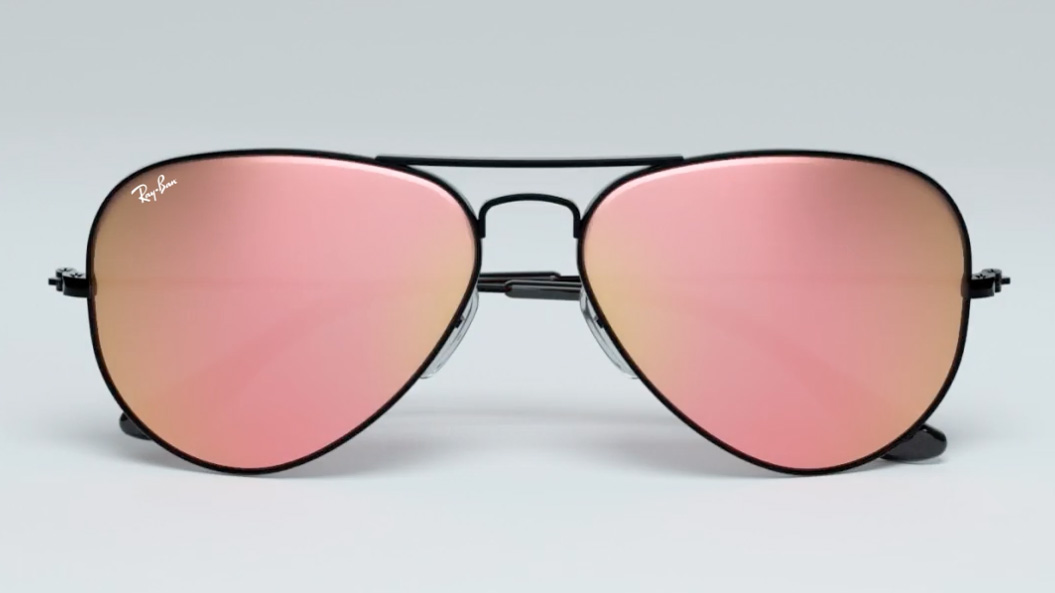Ray-Ban smart glasses could solve Facebook's design issues
Not just a pretty frame

Would you buy Facebook smart glasses? The social media giant seems to be banking on it, with a new report by CNBC pointing to ambitious plans around AR wearables in the coming years.
Codenamed "Orion", the smart glasses are reportedly being poised as a replacement for smartphones. With functionality that includes taking and making calls, live-streaming footage to the internet, as well as using AR overlays to show information in the wearer's view, there's certainly a lot to keep a user occupied.
These claims come from "people familiar" with the device in question, who also stated that Facebook had brokered a deal with Ray-Ban parent company Luxottica, in order to provide a form factor for the smart glasses that people would actually want to wear.
Given Ray-Ban's reputation for stylish sunglasses with a classic design, the collaboration could well be what saves the product from sinking at launch.
- Apple AR: are iOS smart glasses on the way?
- Facebook Portal TV wants to put more cameras in your living room
- Best Apple Arcade games you should be playing
Looking smart
It's unsurprising that Facebook would need the help, given the usual complaints around design for commercial smart glasses – whether Google Glass, Microsoft Hololens 2, or even the rounded Snapchat Spectacles 2. Obviously glasses are mainly for looking, but unless they look somewhat appealing too, AR glasses are unlikely to catch on in a mainstream market – which is why much of the chatter around the Magic Leap One AR headset has centered around its looks.
We reported earlier this year on speculation around Facebook's AR hardware plans, though there's been no official word on the capabilities, pricing, or likely release date for anything Facebook is working on in this area.
However, as with any in-development product, even reliable information could become redundant as Facebook's own internal plans change.
Sign up for breaking news, reviews, opinion, top tech deals, and more.

Henry is a freelance technology journalist, and former News & Features Editor for TechRadar, where he specialized in home entertainment gadgets such as TVs, projectors, soundbars, and smart speakers. Other bylines include Edge, T3, iMore, GamesRadar, NBC News, Healthline, and The Times.